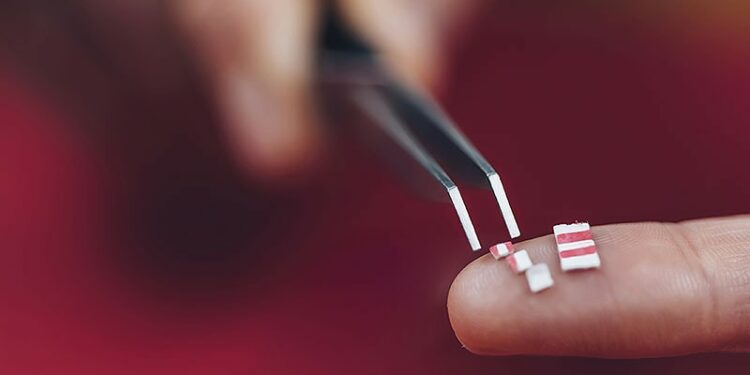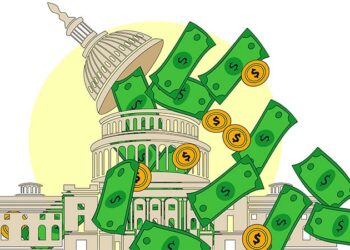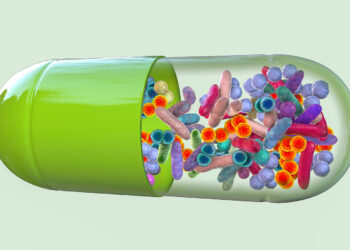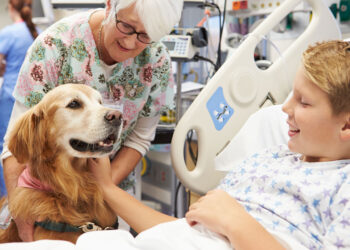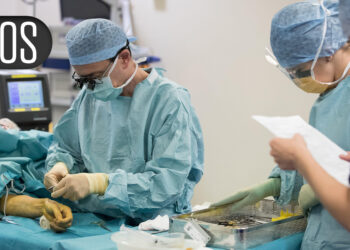What a long, strange trip it’s been. Once used solely for spiritual and religious purposes and, over time, in recreational settings, psychedelics like lysergic acid diethylamide (LSD) and psilocybin are increasingly becoming part of the toolbox for the rapidly growing self-treatment movement of microdosing.
Microdosing is the practice of taking repeated small doses of psilocybin or LSD, sometimes in combination with other substances like lion’s mane mushrooms, niacin, and/or N,N-dimethyltryptamine. Data from a cross-sectional survey of more than 8000 respondents in 84 countries showed that more than 50% of people who microdosed psilocybin reported “stacking” with other supplements to enhance its overall effects, especially creativity and learning.
With the exception of the Netherlands, where psilocybin truffles can be purchased legally over the counter, microdosing is unregulated and illegal across the European Union. However, this has not stopped people who swear by its benefits and who rely on Reddit forums and trusted friends to guide them through practicalities like sourcing, dosage, and regimens.
There is a lot that remains unclear about psychedelics, especially regarding their side effects and whether their alleged benefits can be supported by scientific evidence. Despite the uncertainty, microdosing appears to be here to stay with or without the blessing of the clinical community. Here’s what you need to know.
Who Microdoses?
“The interesting part about microdosing is that the most unexpected people engage in it. In other words, they don’t fit into what people typically think of when they think of drug user,” said Ioana Pop, PhD, assistant professor of sociology and researcher in microdosing at Tilburg University in Tilburg, the Netherlands.

“Microdosing spans across the lines we use to create social groups, like gender or education or occupation,” she said.
Motivations are also quite broad.
“The literature is very clear that the reasons why people engage in microdosing are for self-enhancement or self-medication for conditions for which they have been diagnosed, like depression or anxiety,” said Pop. “They engage in the practice very conscientiously, not as an escape but to become better persons for themselves or the people around them,” she said.
“But microdosing is very complex, and I don’t think that we are talking about one group of people who all have the same drivers to do it,” she added.
The slow pace of drug development might also play a role.
“We have conventional medications, but not a lot of evolution has or is happening,” explained Kim P.C. Kuypers, PhD, associate professor in the faculty of Psychology and Neuroscience, and a social neuropsychopharmacological psychedelics researcher at Maastricht University in Maastricht, the Netherlands.

As a result, microdosing can be quite appealing to people “whose mental health conditions, like depression or anxiety, have not improved on standard medications or who don’t like the way that they feel while taking them,” she said.
Jérōme M., a 39-year-old French national now residing in the United Kingdom, has only been microdosing psychedelics for a month. He said that he’s had mild anxiety since the COVID-19 lockdown and was seeking a solution. “I don’t really want to use more traditional pharmacological drugs because I’ve heard that they block your emotions. What I like about microdosing is that it’s natural, and I know that the pills just have one natural ingredient: Mushrooms,” said Jérōme.
When asked about how he would know if the pills had any other substances added to them, Jérōme was not entirely sure.
“Trust is a huge element,” he said. He explained that he had a friend who has been microdosing and acquiring pills on his behalf. “I trust my friends, so I trust their judgment.”
Microdosing Psychedelics: Dosage, Effects Vary
People who microdose psychedelics take different approaches to dosage and regimens.
They might seek guidance through the Netherlands-based Microdosing Institute, which offers education and support. Some, like Jérōme, rely on books co-authored by experts like James Fadiman, PhD, a pioneer in scientific psychedelic studies. Yet others turn to social media, such as Reddit’s microdosing community, to learn “how to” and different regimens for different conditions, said Pop, who has conducted sociological research exploring the discourse within the r/microdosing community.
Given the lack of consensus over what constitutes a microdose within the research community, microdosing is largely left up to consumers, even if they are following guidance from books or peers. Nevertheless, according to UK-based researchers, microdosing is broadly defined as frequent use (1-3 times/wk) of low doses of psychedelics — around 10%-20% of a typical full dose of LSD (10-15 μg) or dried mushrooms (0.1-0.3 g).
“From what I read from the scientific literature, people can always feel the dose that they are taking,” said Mikael Palner, PhD, associate professor and a researcher in clinical physiology and nuclear medicine at the University of Southern Denmark’s Department of Clinical Research, Odense, Denmark. “In that sense, it might not be a real microdose but what some people call a mini dose,” he said, noting that effects might feel like increased heart rate and blood pressure and some lightheadedness.

Researchers have also been exploring if expectancy — a belief that effort leads to a desired outcome — influences perceived benefits or if there is something else at play?
“We think that there is something in individuals that defines if they respond to a microdose or not,” said Kuypers, noting that her research has shown signals indicating effects at cognitive and emotional levels and in the blood.
Is Microdosing Safe?
Psilocybin is a serotonergic agonist that activates the 5-HT2A receptors. Palner said researchers have also been discussing its potential to bind to the 5-HT2B receptor, which is present in the heart.
This makes polypharmacy a concern. “If clinicians are giving other drugs at the same time a person is microdosing, there might be an effect of multiple drugs, for example, serotonin syndrome,” he said.
Data have suggested an increased risk for cardiac fibrosis and valvulopathy, especially if psilocybin is taken multiple times a day or over long periods due to the increased duration of activity on the 5-HT2B receptors. Though more research is needed, drug-drug interactions might also occur in people taking heart medications, noted Palner.
“The biggest risk is overdosing and producing psychedelic effects and transient cognitive impairment,” said Matthias Liechti, MD, PhD, chief physician of the Clinical Pharmacology Division at University Hospital Basel in Basel, Switzerland. Liechti emphasized that it’s “unclear whether microdosing can improve mood beyond the acute effect of the psychedelic. There are also legal issues in case of accidents or harm,” he said.

When it comes to microdosing psychedelics, the practice remains in its infancy so far as long-term outcomes and benefits vs risks. For now, clinicians should keep communication open and nonjudgmental, advise patients on potential harms, and remain vigilant, especially for patients at risk for drug-drug interactions.
Pop has disclosed no relevant financial relationships. Kuypers has received research funding from MindMed, Inc., and the Beckley Foundation. Palner reported research collaborations with Compass Pathfinder, Bright Minds Bio, A7imuth, Natural MedTech, Arla, TetraKit, and Cymab. Liechti reported research collaborations with MindMed, Inc.
Liz Scherer is an independent health and science journalist.
Source link : https://www.medscape.com/viewarticle/are-your-patients-microdosing-2025a10003mo?src=rss
Author :
Publish date : 2025-02-12 10:36:42
Copyright for syndicated content belongs to the linked Source.

